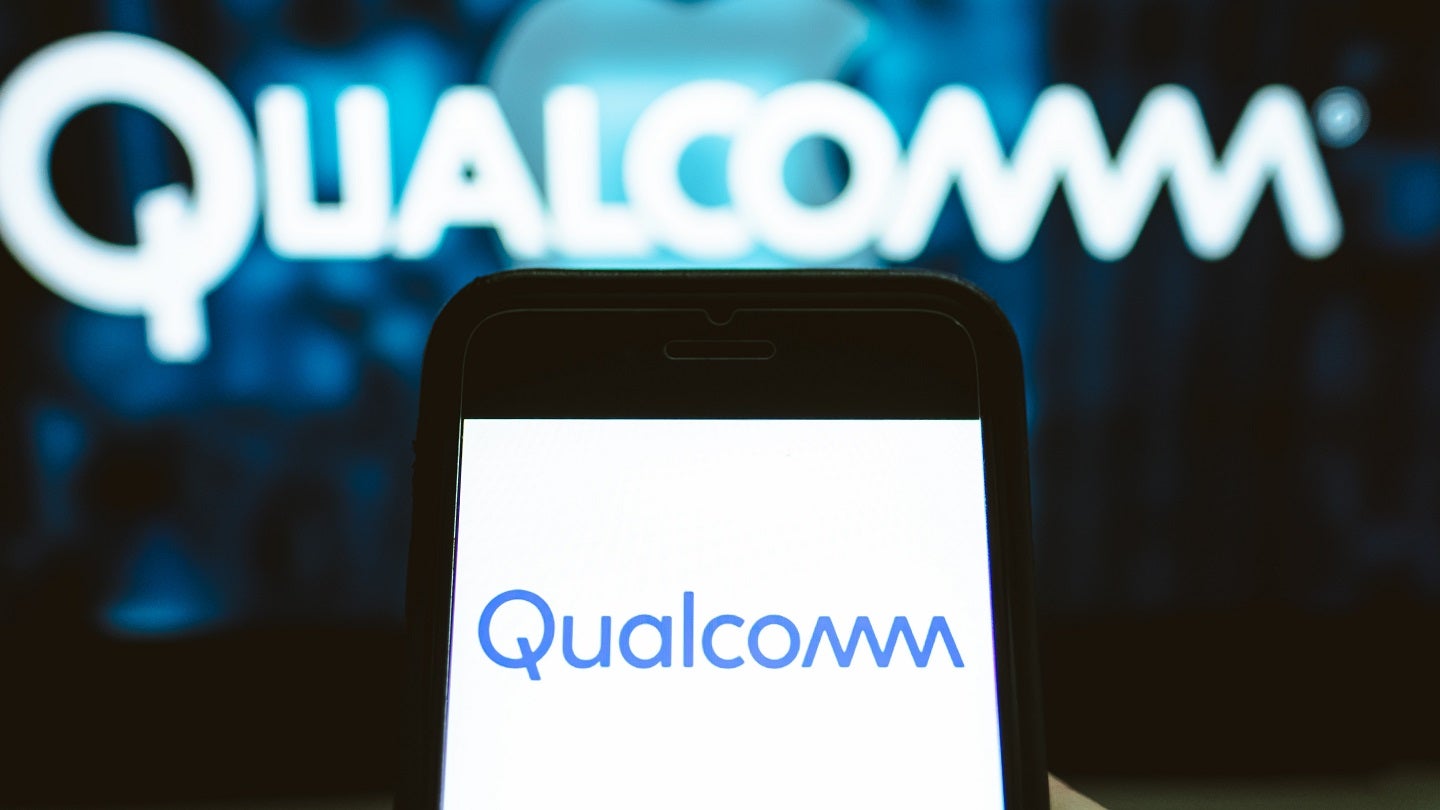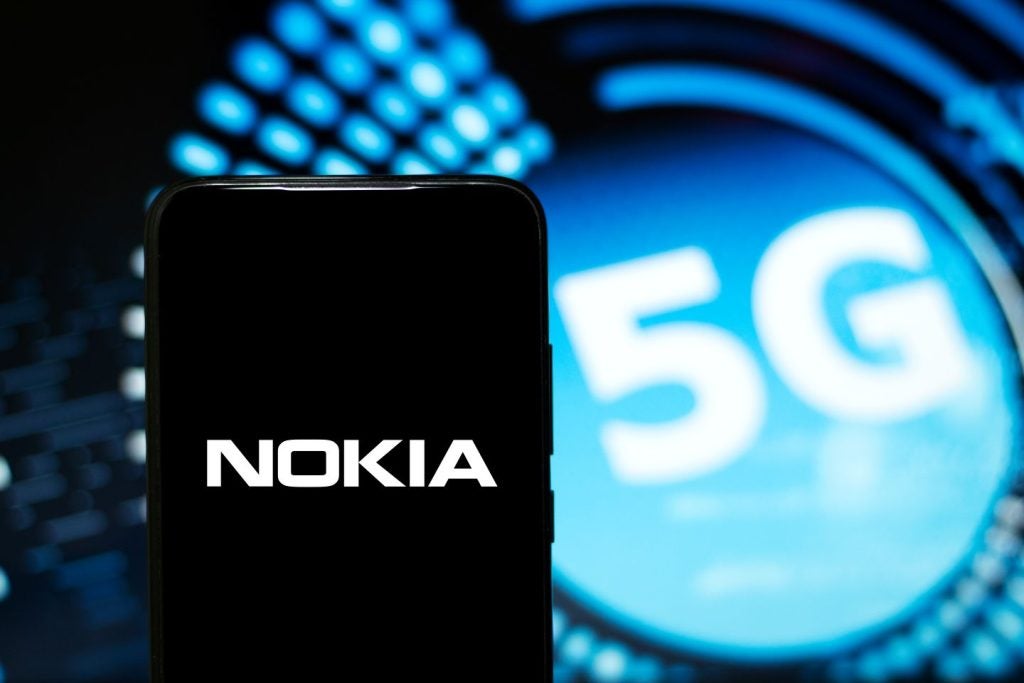
Qualcomm has reportedly considered the acquisition of certain segments of Intel’s chip design business to enhance its product offerings, reports Reuters, citing sources.
The mobile chipmaker has shown interest in Intel’s client PC design unit, among other divisions.

Access deeper industry intelligence
Experience unmatched clarity with a single platform that combines unique data, AI, and human expertise.
However, Qualcomm has not made any formal approach to Intel regarding a potential acquisition, according to an Intel spokesperson.
Intel, which recently faced financial challenges, including a second-quarter loss, staff reductions, and a pause on dividend payments, is said to be committed to its PC business.
The spokesperson emphasised that Intel remains “strongly dedicated to our PC business.”
The company is also planning to present a strategy to its board of directors that may include divesting non-core business units to streamline costs.

US Tariffs are shifting - will you react or anticipate?
Don’t let policy changes catch you off guard. Stay proactive with real-time data and expert analysis.
By GlobalDataThis includes potentially selling the programmable chip unit Altera.
Qualcomm, with a market value of $184bn and known for its smartphone chips, has been contemplating the acquisition for several months, although plans have not been finalised and may change.
The interest from Qualcomm comes at a time when Intel’s PC client business revenue has declined by 8% to $29.3bn last year, reflecting the broader weakness in the PC market.
Intel’s client group, once famed for its “Intel Inside” campaign, produces laptop and desktop chips that are widely used globally.
Intel executives believe that the advent of artificial intelligence in PCs will lead to increased consumer demand and sales.
In a recent setback for Intel, its contract manufacturing business failed tests with Broadcom, indicating that Intel’s advanced manufacturing process, known as 18A, is not ready for high-volume production.
The tests involved sending silicon wafers through the 18A process, with Broadcom receiving the wafers last month.
After evaluation, it was determined that the process requires further development.
A representative for Broadcom said the company is “evaluating the product and service offerings of Intel Foundry and have not concluded that evaluation.”







